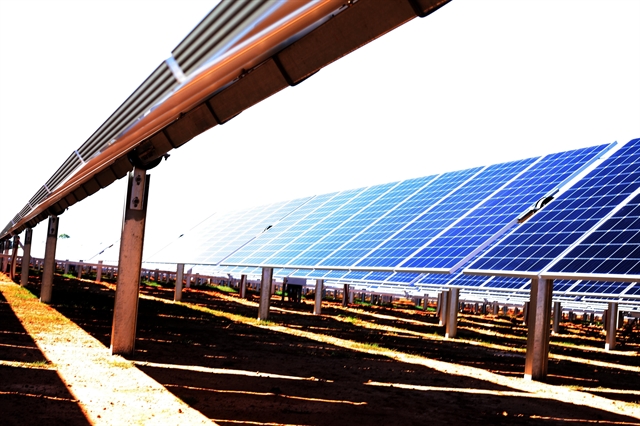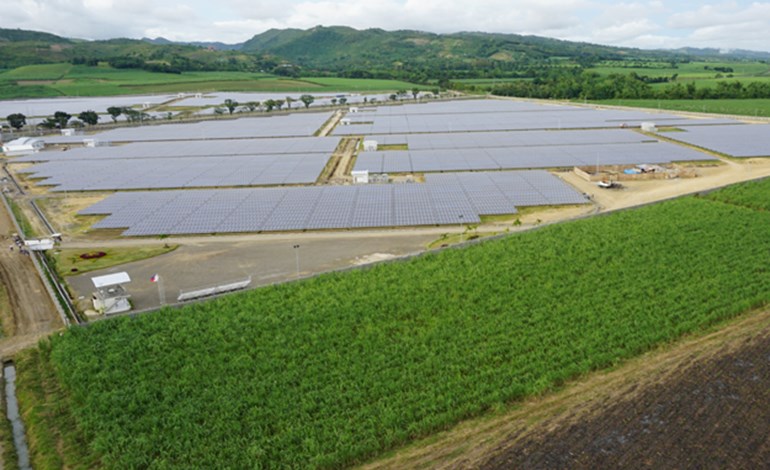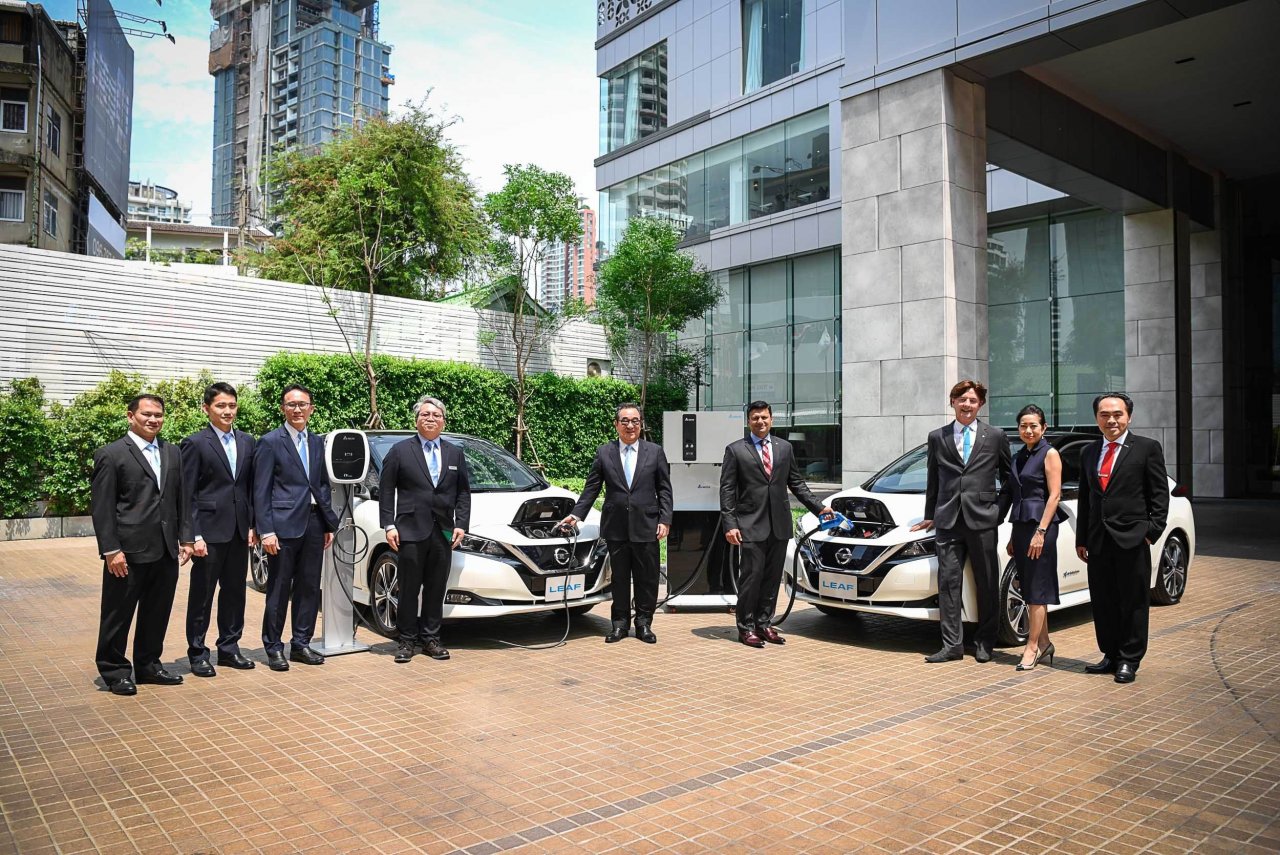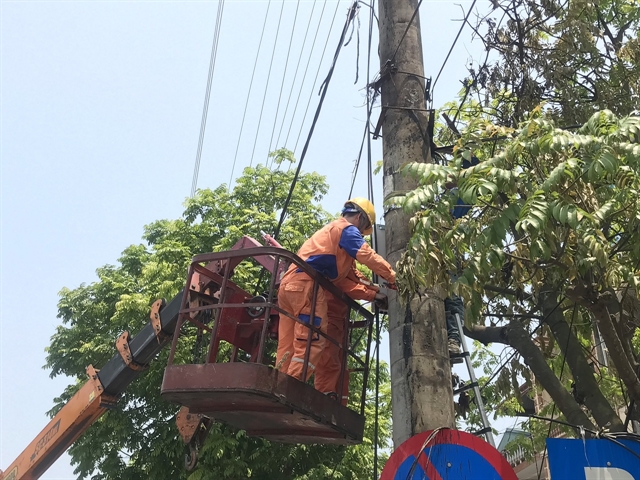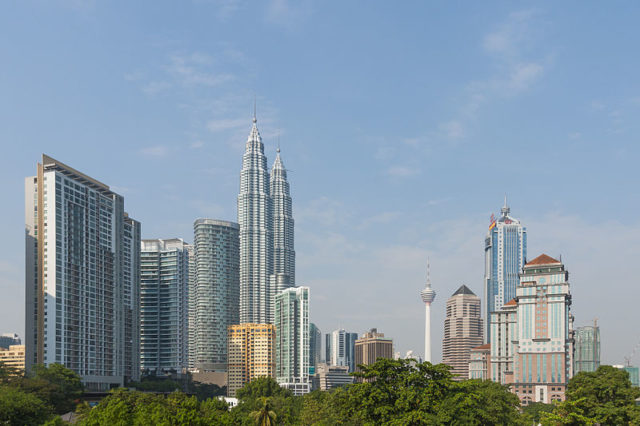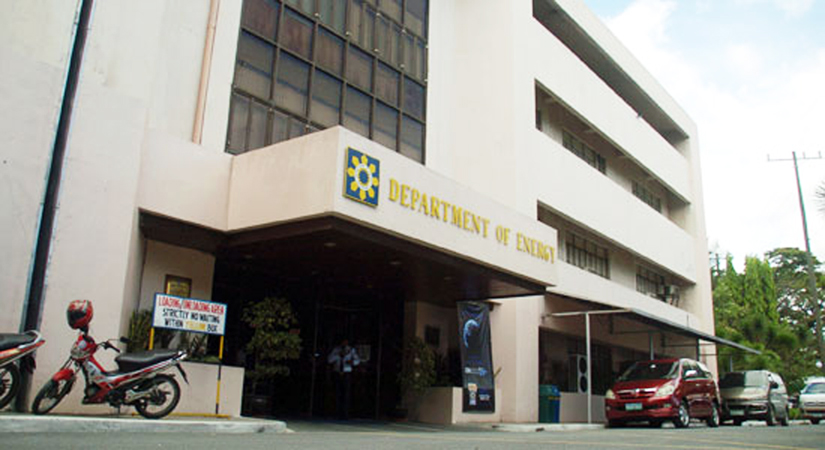The deal supports Thailand’s electrification goal of 1.2 million units on the road by 2036 and will provide Nissan Leaf owners in Thailand international-standard charging facilities with Delta’s quality standard of service, certified by Nissan.
“Nissan Motor Thailand is committed to helping drive an electric-vehicle Nissan Leaf vehicle ecosystem in Thailand for the benefit of our customers, and Thai people, by supporting a greener future through electric mobility,” said Ramesh Narasimhan, president of Nissan Motor Thailand.
“To ensure this, we are honored to welcome Delta, one of the world’s leading power supply producers and thermal management solutions providers, on board to join us and drive Thailand toward an all-electric vehicle future.
“We believe an even more exciting future lies ahead through the goal of electrifying Thailand. That has already started through deals like the one here today with Delta and our recent ground-breaking collaboration with Thailand’s Metropolitan Electricity Authority that brings home charging options to ensure the proper infrastructure is in place for Nissan Leaf customers,” he said.
The partnership is supported by a Frost & Sullivan report which found that, for Thai consumers, having convenient and flexible charging options was one of the top three motivating factors to purchase an EV in Thailand.
As such, this deal gives access to Delta’s comprehensive EV charging and site management solutions already available to EV drivers in the US, Europe, Asia and Australia.
In addition, the exclusive partnership comes as the Nissan Leaf, the best-selling EV globally with more than 400,000 vehicles sold worldwide, started shipping to Thai customers this month.
“We leverage our core competencies in power conversion and management to develop and install world-class charging solutions for the global EV community, and now in Thailand. Owners of the all-new Nissan Leaf in Thailand can now confidently take to the roads supported by our safe and efficient charging solutions and localised service,” said Hsieh Shen-yen, president of Delta Electronics Thailand.
The agreement directly seeks to help pioneer green transportation in Thailand by giving consumers more options, allowing easier EV adoption.
For home and workplace charging, the Delta AC EV charger (7.36kW) will be available, and public charging stations will be serviced by Delta DC Quick EV chargers (50kW).
Nissan is also making the Delta AC and DC EV chargers available at 32 certified showrooms nationwide, while Delta will also provide onsite survey, installation and after-sales services.
“This is an important first step in Thailand, for Nissan to build electrification infrastructure to support lowering carbon emissions. We are confident that this joint effort will meet the requirements of our valued customers as they look to buy a full-battery EV, and create confidence and peace of mind about the many charging options available to them,” Nissan Motor Thailand’s president explained.
“Delta is excited to collaborate with Nissan Motor Thailand and to encourage EV adoption, that leads the country’s vehicle electrification. We believe in forging the most effective partnerships for a sustainable future that benefits every stakeholder and delivers on our brand promise of ‘Smarter. Greener. Together.’,” Delta Electronics Thailand’s head added.
The all-new Nissan Leaf, which launched at the “Thailand International Motor Expo 2018” for delivery in May this year, is the best-selling electric vehicle in the world with 25-per-cent global market share and the icon of Nissan Intelligent Mobility, the company’s vision to transform the way people drive and live.
The new e-powertrain gives the new Nissan Leaf 110kW of power output and 320nm of torque, improving acceleration and driver enjoyment.
Delta’s EV chargers come with a three-year warranty, nationwide technical support and free charging-box replacement under warranty.


